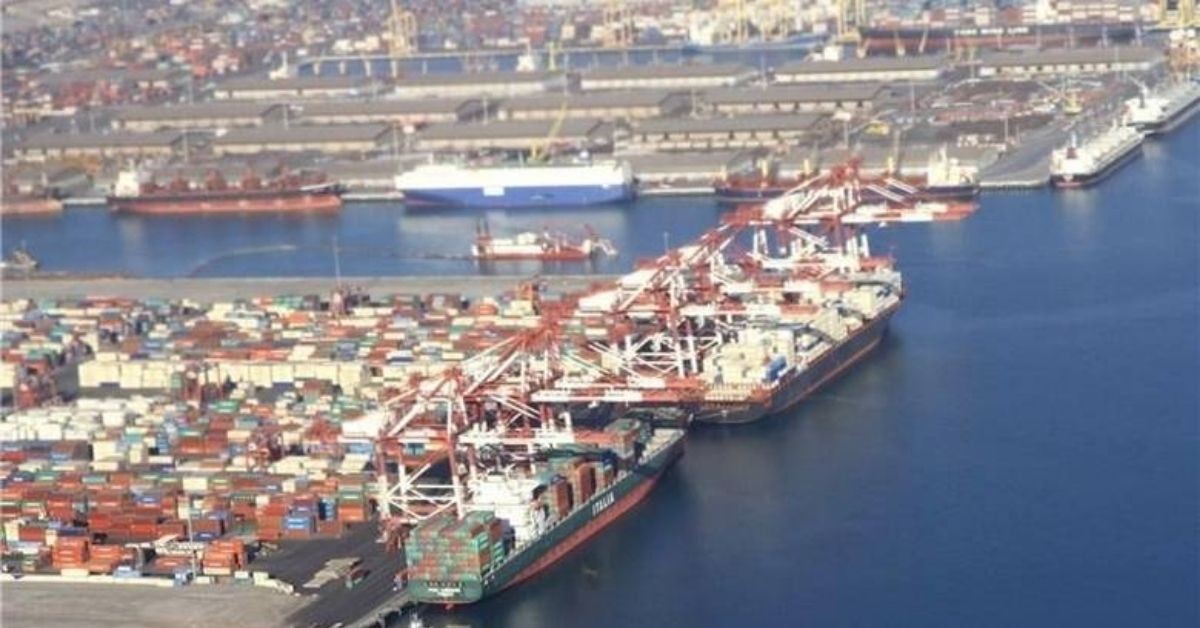The government has budgeted just Rs100 crores for developing Iran’s Chabahar port in the fiscal year starting April when India Ports Global Ltd has floated tenders worth some Rs800 crores for buying and erecting equipment at the strategic gateway.
The modest budget for Chabahar port is seen by those tracking the project as an indication that these much-delayed equipment tenders are unlikely to be finalised soon, further delaying the start of full-fledged operations at the port that was given to India on a government-to-government (GoG) basis.
“The government has earmarked a budget of just Rs100 crore for Chabahar port when tenders worth about Rs 800 crores has been floated to buy cargo handling equipment,” said a person familiar with the project. “It speaks a lot about the government’s thinking on the project,” he added.
India Ports Global, the state-owned entity formed to develop and run the Chabahar port, issued a tender on 26 September last year, the third since 2017, to buy four new post Panamax size ship-to-shore or so-called rail mounted quay cranes (RMQCs) of 65-ton capacity each.
Separately, India Ports Global has issued tenders for buying 14 new Rubber Tyred Gantry Cranes (RTGCs) of 40-ton capacity each, three all-terrain yard cranes of 100-ton capacity each, three rough terrain yard cranes of 60-ton capacity each, two reach stackers, two empty container handlers, forklifts, terminal tractors, and trailers.
The timeline for submitting offers on these tenders have been repeatedly extended by India Ports Global as bidders are unwilling to place quotations in the face of sanctions imposed by the west on the Persian Gulf nation over its nuclear programme.
The delay in erecting RMQCs has derailed the official start to the ten-year operation period at Chabahar. India and Iran, though, have operationalised the port through an annual short-term contract in the so-called zero period given the challenges over financing the purchase of key cargo handling equipment such as RMQCs.
The equipment is part of the agreement signed with Iran to develop Chabahar port.
While RMQCs play a critical role in loading and unloading containers to and from a ship, government officials underplayed the importance of this equipment for Chabahar port operations.
“RMQCs are not at all critical equipment for Chabahar port,” said an official.
“Because we have installed six mobile harbour cranes there which can load and unload 18 containers an hour, whereas quay cranes can do only 25 moves per hour. Few days ago, we discharged about 390 containers in ten hours using these mobile harbour cranes,” he said, asking not to be named.
“All the equipment, including the RMQCs are part of the agreement. So, we will have to buy them,” the official said.
Located in the Sistan-Baluchistan Province on Iran’s South-eastern coast (outside Persian Gulf), Chabahar port gives India a sea-land access route into Afghanistan and Central Asia through Iran’s eastern borders. The project is considered a strategic venture for the development of regional maritime transit traffic into Afghanistan and Central Asia.
Chabahar is also being built as a gateway to the East and West of the Caspian Sea as part of the International North-South Transport Corridor (INSTC).
The INSTC is a 7,200-km-long multi-modal network of sea, rail, and road routes for moving freight between India, Iran, Afghanistan, Azerbaijan, Russia, Central Asia, and Europe.
India Ports Global and Aria Banader Iranian Port & Marine Services Company (ABI) of Iran signed a deal in May 2016 to equip and operate the container and multi-purpose terminals at Shahid Beheshti – Chabahar Port Phase-I with a capital investment of $85.21 million and annual revenue expenditure of $22.95 million on a 10-year lease. Cargo revenues collected will be shared by India and Iran per an agreed formula.
The project has been bogged down by delays due to the US sanctions on Iran.







